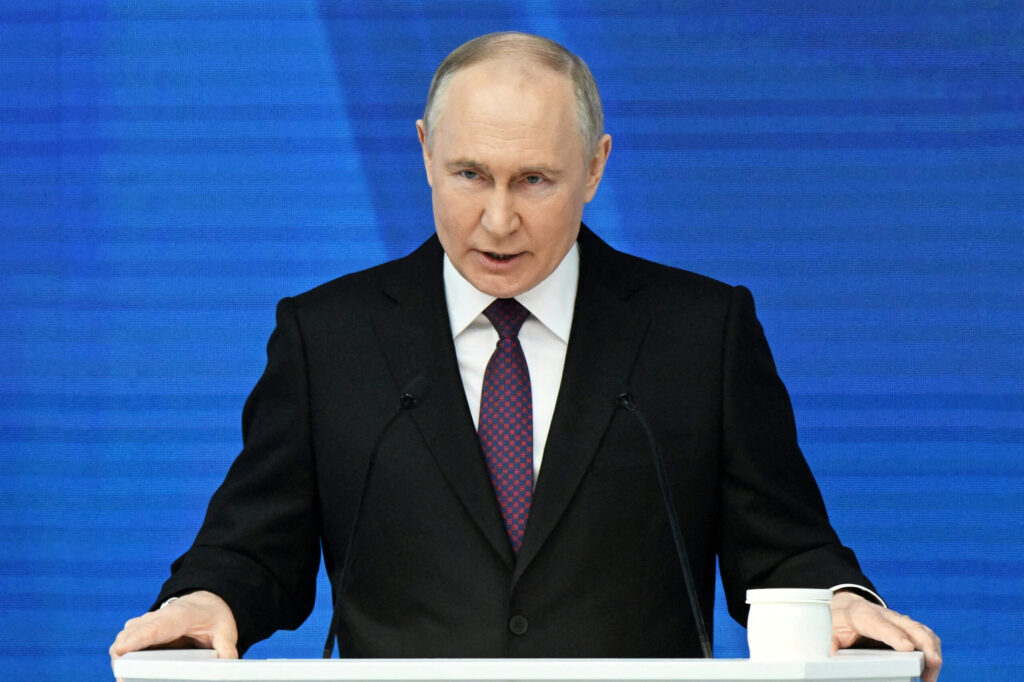Russia’s Response to Sweden’s NATO Aspiration: Mobilizing Military in Two Districts

The recent decision by Sweden to consider joining the North Atlantic Treaty Organization (NATO) has sent ripples through the geopolitical landscape. As the Swedish military builds up its capabilities, Russia has responded with strategic moves. Let’s delve into the implications of Sweden’s NATO aspirations and Russia’s actions.
Sweden’s Military Build-Up
- Historical Context:
- Sweden, once a highly militarized country, experienced significant defense cuts in the 1990s. These reductions left its armed forces relatively small.
- However, recent events, including Russia’s actions in Georgia (2008) and the annexation of Crimea (2014), prompted Sweden to reevaluate its security posture.
- In 2020, Sweden rolled out an ambitious defense bill, increasing defense spending by 40%. This allowed for the doubling of its armed forces to 90,000 personnel, including regular, conscript, and reserve forces.
- Upgraded Gripen warplanes and submarines were ordered, and a new mechanized brigade was established.
- Sweden’s Role in NATO:
- Sweden’s potential NATO membership would significantly strengthen the alliance’s eastern flank against Russia.
- With more than 120 Leopard 2 main battle tanks, a robust air force equipped with domestically produced fighter jets, and a formidable navy, Sweden is poised to defend NATO’s newest border—the 2,000-mile Baltic Sea coastline.
Russia’s Reaction
- Military-Technical Measures:
- Russia views Sweden’s NATO accession as aggressive and a mistake.
- In response, Russia has announced unspecified military-technical and other countermeasures to protect itself.
- The establishment of two new military districts—Moscow and Leningrad—near Sweden underscores Russia’s concern over NATO’s expansion.
- Tensions and Threats:
- Troops from Russia’s western district near Sweden were deployed to Ukraine during the conflict, resulting in heavy casualties.
- While Russia has not explicitly dissuaded Sweden, incidents like Russian planes entering Swedish airspace hint at heightened tensions.
Broader Implications
- NATO’s Eastern Border:
- Sweden’s inclusion would extend NATO’s border significantly, altering regional dynamics.
- The collective defense mechanism would be reinforced, but Russia perceives this as a betrayal.
- Psychological Impact:
- The belief in NATO “betrayal” shapes Russia’s actions and attitudes.
- The echoes of history continue to influence international relations.
Leave a Reply